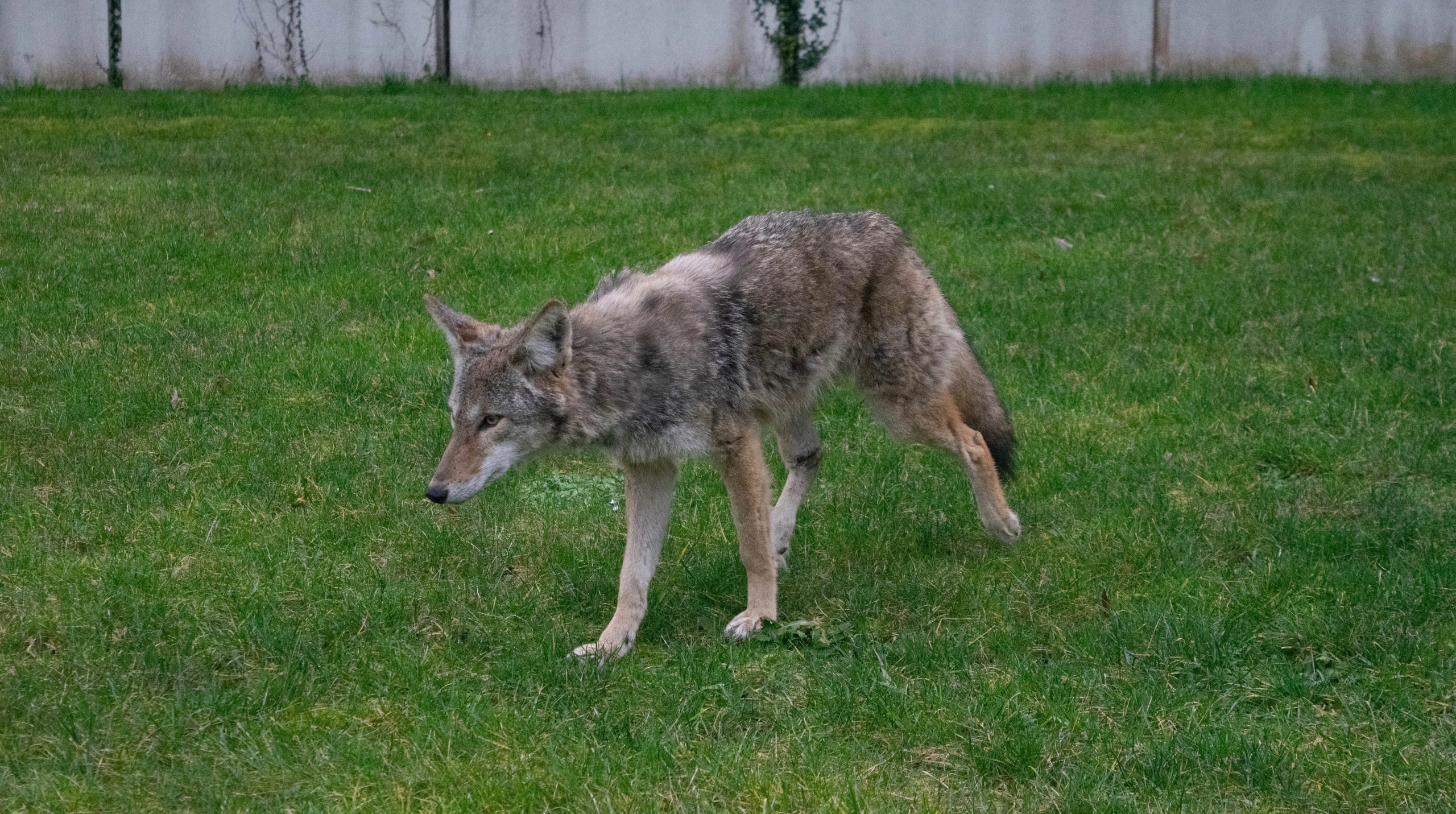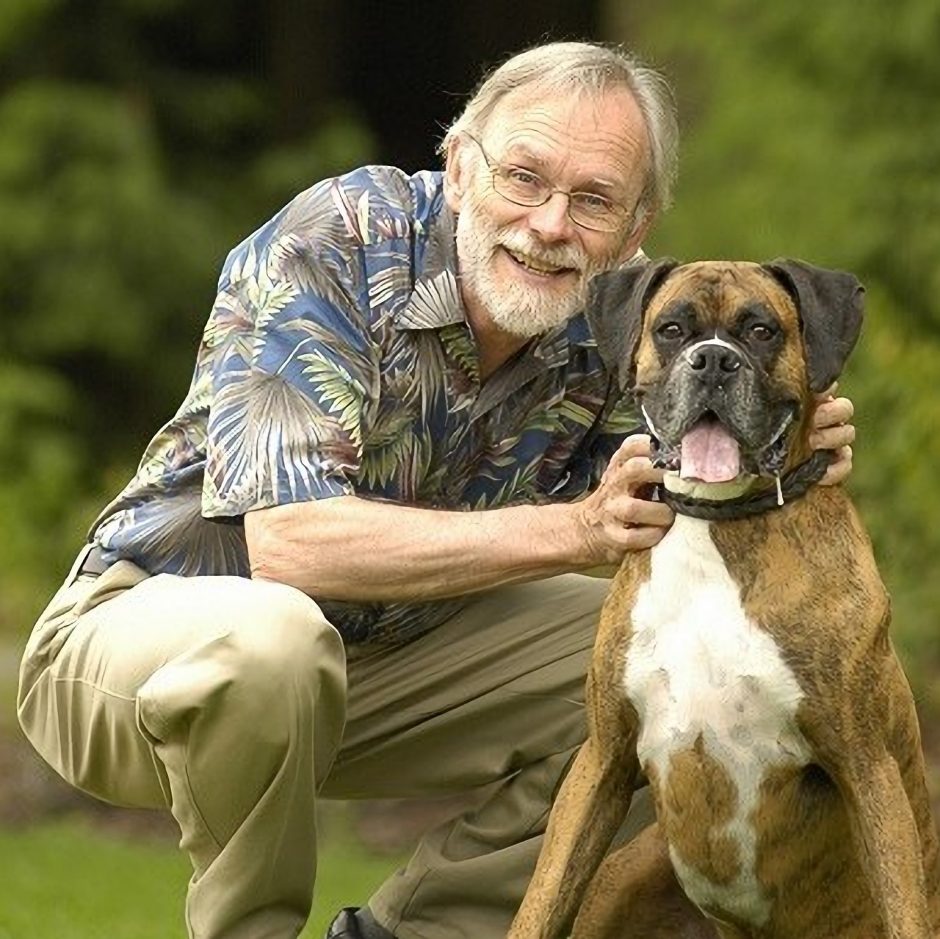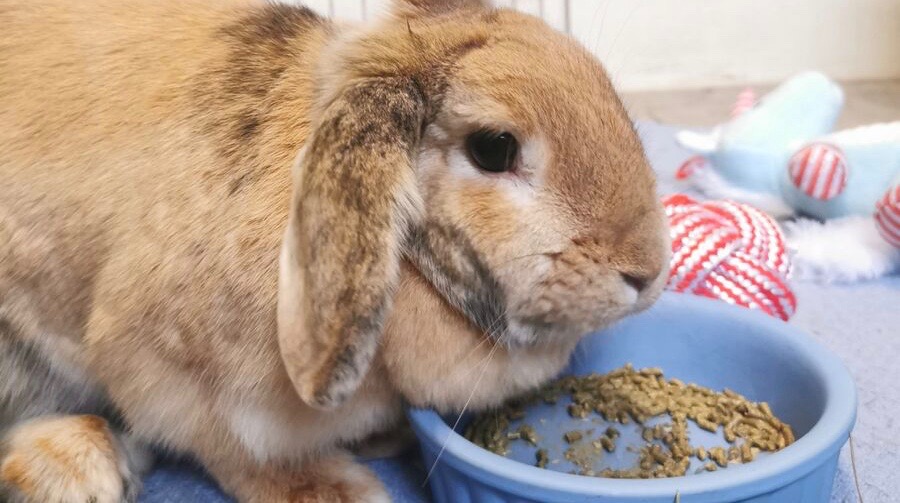
The province of British Columbia is known for its natural beauty and for its wildlife. The variety of ecosystems that exist within the province are home to many species of wildlife including grizzly bears, migratory birds and multiple marine mammal species. Human activities often have profound if unintended effects on these animals, and these impacts are an important area of concern to many British Columbians.
Who We Are
Lead Faculty
Alumni
What We Do

Videos
We have videos featuring conference presentations, student work, and more for each of our research areas on our YouTube channel.
ViewWhere We Work
Latest News
-
Two Graduate Positions Available: Welfare of Companion Dogs in Commercial Breeding Contexts; Behaviour and Welfare of Rabbits
Please note – we are no longer accepting applications for these roles. Please watch our website for future opportunities! Applications are invited for two MSc or PhD positions in the Animal Welfare Program, Applied Animal Biology, Faculty of Land and Food Systems at the University of British Columbia. The starting time frame for these positions…
-
Undergraduate Researchers are Making an Impact in Animal Welfare!
The Animal Welfare Program is thrilled to support undergraduate students in developing their research expertise through a number of programs. We would like to introduce you to a few of the students conducting research in the summer of 2022 that cover a range of disciplines within the program. You can read even more research stories…
-
AWP Undergraduate Work Learn Positions
The Animal Welfare Program has received funding through UBC’s Work Learn Program to hire current UBC undergraduate students in a number of different positions for September 2022 to April 2023! These are part time positions (maximum of 300 hours). To see if you are eligible for the program, visit the Work Learn website. In order to apply,…
Funding: Due to limited resources, the Animal Welfare Program has only been able to take on projects in this area under exceptional circumstances; however, developing resources to allow more leadership in this area is an important goal for the Program’s future.






